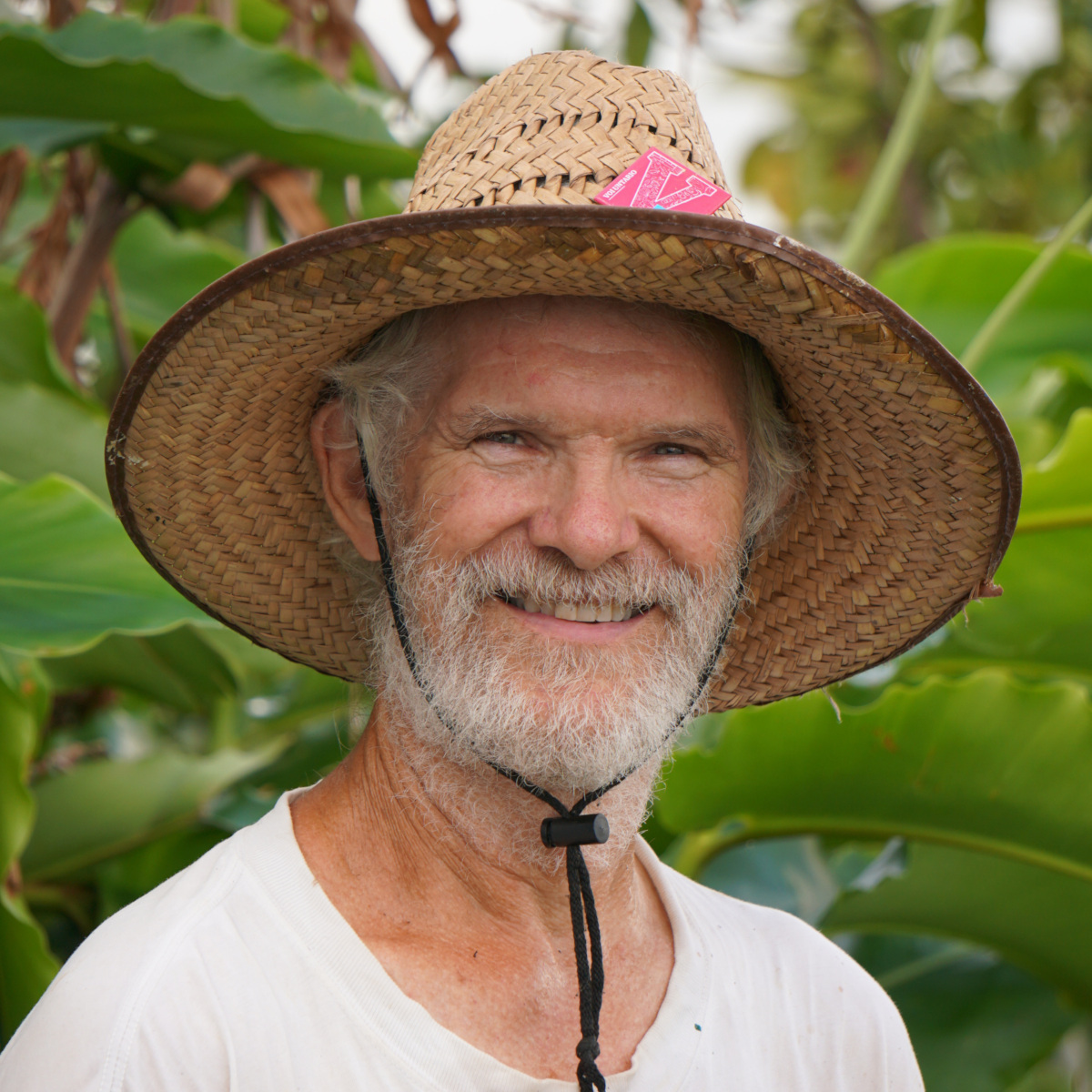

you want proof that accumulated carbon dioxide is causing environmental destruction?! https://www.ipcc.ch/report/ar6/syr/downloads/report/IPCC_AR6_SYR_SPM.pdf
retired engineer, former sailor, off grid, gamer, in Puerto Rico. Moderating a little bit.


you want proof that accumulated carbon dioxide is causing environmental destruction?! https://www.ipcc.ch/report/ar6/syr/downloads/report/IPCC_AR6_SYR_SPM.pdf


Tthis is perhaps good news, but it does not amount to a change of course, unfortunately. If we have passed peak emissions, it is still a long way from net-zero emissions. Like if you pass your peak rate of overspending your salary, but you are still continuing to go farther into debt. Even when you get to parity between salary and expenditures, you will STILL have the accumulated debt and in the case of CO2, that debt is wreaking ecosystem destruction. Do not cheer this news.


In economic terms, nature is often referred to as an “externality” - meaning, as you say, things which do not appear on corporate balance sheets - that are unvalued. We have collectively recognized that clean water in rivers is something valuable to society, and converted the externality of “use the river to carry away the pollution!” and “use the river water to cool the process plant” into actual costs: not by making investors put their money into riverine systems for future profit, but by requiring permits which restrict what can go into or come out of the river. We can, and sometimes do, manage the land in similar ways. I advocate for it, but of course I get a little anxious about the details if it comes to MY land!
I spent a couple of years in Guna Yala, the indigenous-peoples’ territory of northeastern Panama. The Guna people live in towns on islands just offshore of the coast, and they farm and hunt in the mainland forest. When a Guna family wants to grow crops, they go with a village chief to the forest area near the village and identify a piece of land that is suitable. The chief approves it and records the location, and the family has it for three years. They can cut trees, plow soil, plant whatever. After three years, they have to abandon it and nobody can use that land for three years.
I feel very much that my land is not REALLY mine. I have stewardship. The people that had it in the recent past (20th century), did not treat it well and shame on them. But they are dead and gone, so they don’t care I guess. I am treating it better and someone later will probably be glad to acquire it because of the great soil, healthy and perhaps valuable tropical hardwoods, and well-connected ecosystem. I’ll be dead and gone so I won’t care. It is IMMEDIATELY gratifying to live in this place and see it heal and prosper and that is all the return on investment I could ask. But I would at least say they should give me a break on property tax for land I restore to forest (even food forest). Maybe I will donate it to the Nature Conservancy some day, to lock in the gains.


fwiw, this story is also covered here, imho a more credible source: https://www.aljazeera.com/news/2024/2/1/palestinians-demand-international-inquiry-after-mass-grave-found-in-gaza


I note that only one of the photos accompanying the article features PLASTIC rubbish. curious


Have you tried your hand at biochar? I know composting the chips for mulch is high value in a farm operation, but a few tons of biochar can work like a permanent upgrade - improving the soil permanently with one addition - though ongoing permaculture operation continues. I am about to make a biochar cooker out of two steel barrels - inner fuel chamber and outer draft shell. It would probably be more effective with wood scraps than chips though - some air passages through the fuel.
To test it out for myself, I made a miniature version documented at https://github.com/jcadej/TLUD-biochar-reactor (uses a gallon paint can for the fuel chamber. You could test it small and see how it does with wood chips. When I make my bigger version, I will add it to the github project. My rough idea is to cut one barrel down the side and squeeze it smaller and bolt it so it fits inside the other.


Swimming pools are normally constructed empty. They were withstanding surrounding soil before they were filled, and concrete strength increases with age (for about 90 days, typically). On the other hand, a sunken structure like a pool that is roofed over, becomes a “confined space”. Unlike a typical structure, heavier-than-air gases cannot escape from the pool. Such gases could originate from the drain system or flow from leakage outside the pool area. For examples, leaking propane or various gases from sewer lines in the vicinity. A sunken greenhouse would almost certainly be a building code violation for that reason. If you build it, ventilate it by means both active and passive and do not enter if you can’t verify that ventilation is working.
NYT is spouting every headline they can imagine to shift votes toward Trump, and not just lately. Their entire editorial focus is to cast confusion on Democrats’ prospects. They should be recognized as firmly partisan and no longer serving a journalistic purpose. Unfortunate, but that’s the times in which we live.